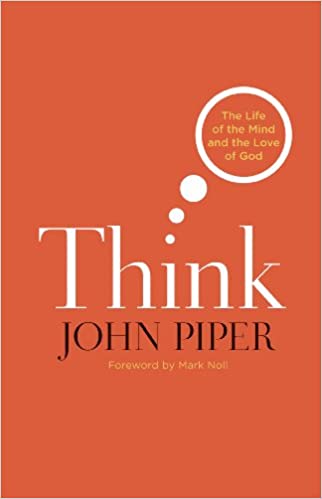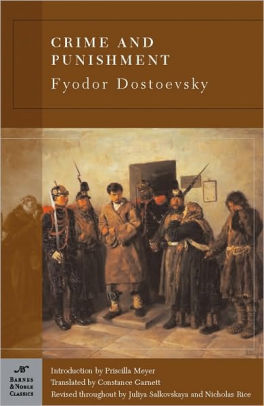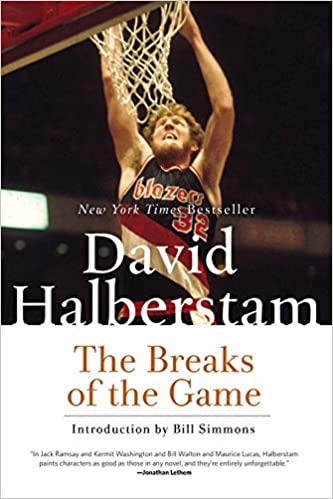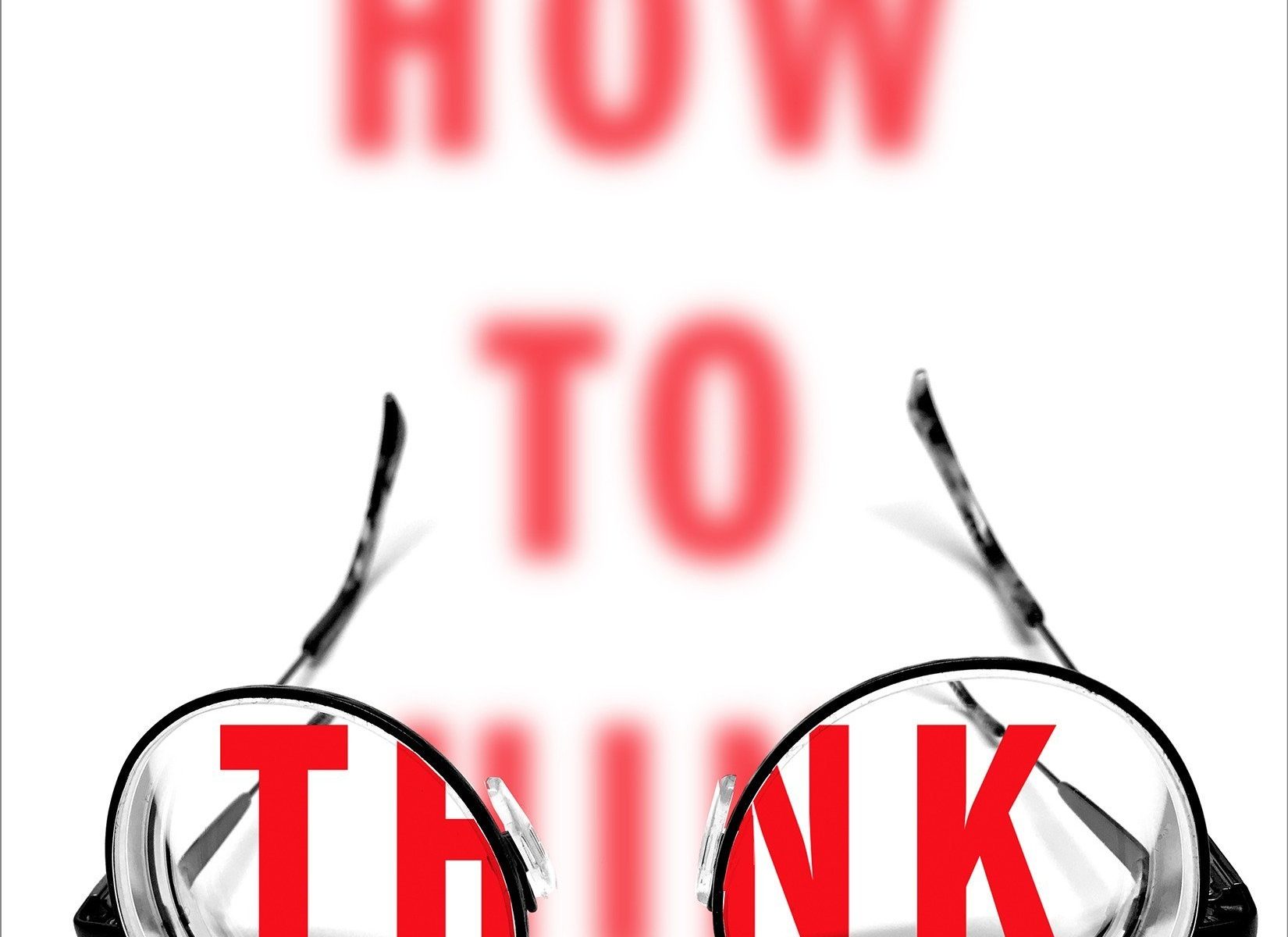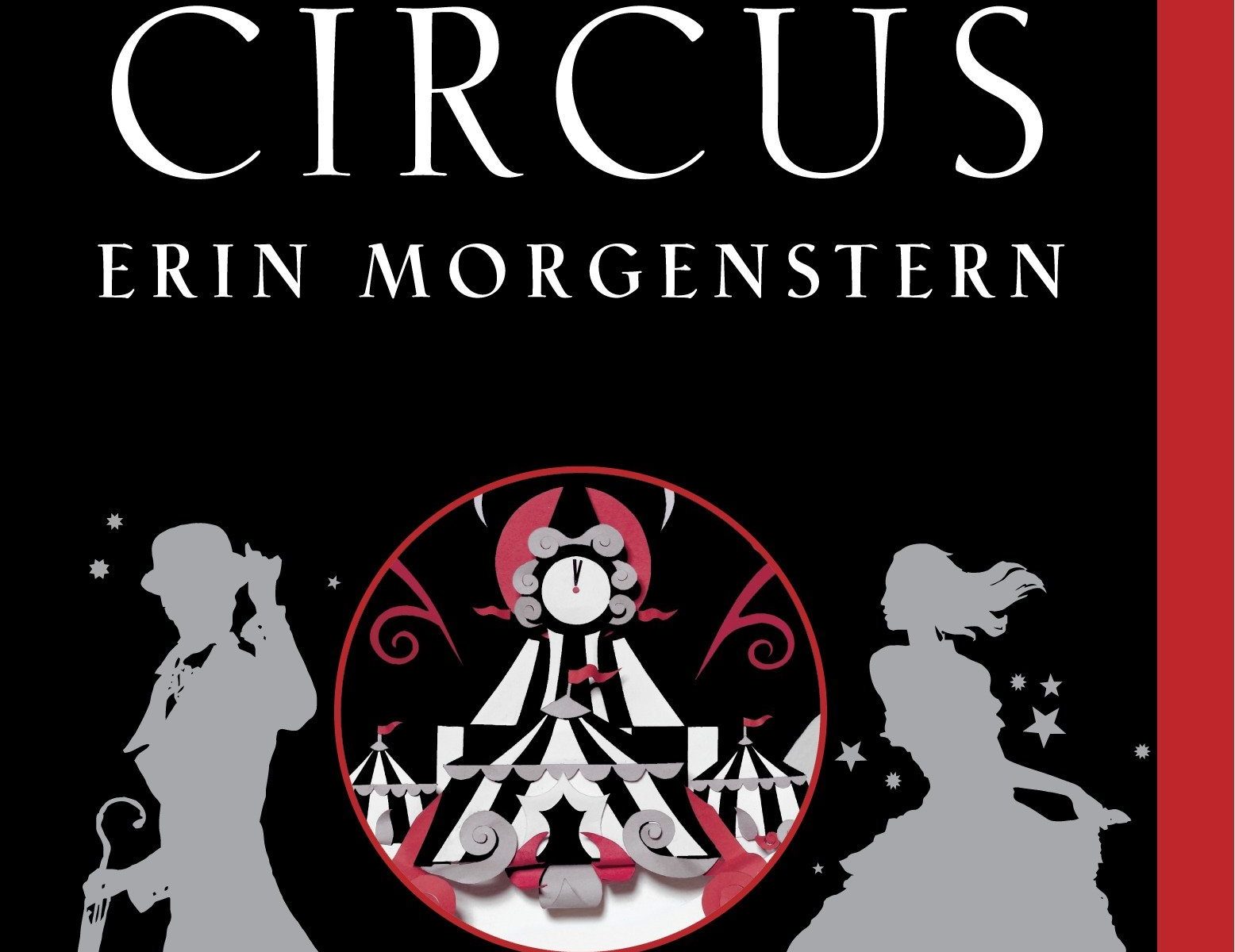Piper, John. Think: The Life of the Mind and the Love of God, 2010.
A pastor of over 30 years with a fervor for solid, Biblical exposition, John Piper adds to the pile of evangelical books calling for the renewal of the evangelical mind. Piper’s ministerial thesis has been something he calls Christian hedonism, which claims that God is most glorified in us when we are most satisfied in Him. In this book, Piper explains the role thinking provides in glorifying God and allowing us to be truly satisfied in Him. The book will work best if you approach the chapters as devotional sermons. This is not a work of scholarship so much as an exemplary book of Bible study. If you want to know the answer to the question, “What does the Bible say about the life of the mind?” you’ll get answers. If you’re on board with Piper’s general theology and specific thesis about God’s glory and our satisfaction, you’ll find his discussion even more illuminating. I recommend the book as a great starting place to consider with prayer and humility how the Bible directs us to love God with “all our minds.”
Continue reading “A Review of a Minister’s Call for Christians to Think”
